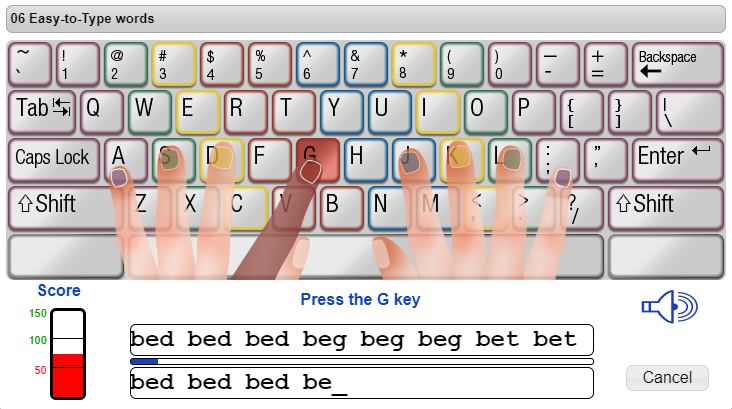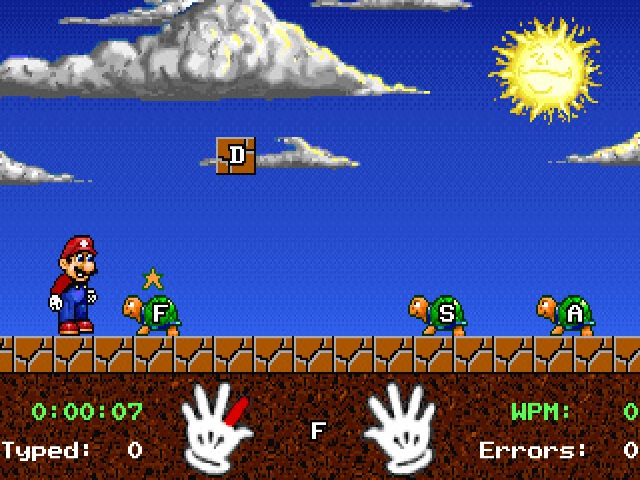

The demo account counts against the maximum number of Analytics accounts you're permitted to create under a single Google account. The demo account is available from the account selector in Analytics where you select organization and account links.

Type to learn free demo how to#
In the free module you’ll learn how to develop a research road map to reflect the time you plan to spend, both actively and reflectively, with your research.To access the demo account, click one of the three links at the end of this section. It acts as a signpost for you to feel in control during each stage.

It also provides tips on how to avoid procrastination and suggests resources and tools to plan effectively.Ībout the free module: Mapping our your research journey with carefully planned ideas for each stage provides a clear vision for your project. Idea through to the finalization of the project. It supports the early preparation of a project and gives direction and advice during every stage, from developing a project Inaugural BPS Award for Innovation in Psychology Programmes in 2014.Ībout the course: This course guides learners through the planning and development of an academic project. In teaching Statistics at Stirling to psychology students, he introduced a number of innovations, including novel methods of delivery some of which contributed to Stirling being attracting the Second half of his career on teaching research methods. He has done research and taught in many areas of psychology, and focused in the This process of taking a sample, called sampling, is our contact with reality.Ībout the course instructor: Roger Watt was a Professor of Psychology at the University of Stirling for 32 years and is now Emeritus Professor there. The sample stands in for the population-in other words it represents it-and so we will learn how to choose a suitable sample that represents the To work their way through tests and procedures.Ībout the free module: This free module will look at how we can use samples in statistics. It helps to build a mental map to enable students

And you can bookmark your module of choice or re-signup to the hub to retake modules at any time. Each module is packed with content and has its own learning outcomes, so there's plenty Our online courses are self-paced and instructor-led, comprising an engaging mix of SAGE-quality content, video, interactives, and formative assessments. Whether you want to learn yourself or are interested in purchasing SAGE Campus as a resourceįor your institution, you can try full free modules from each of our 31 online courses today by browsing our list below. SAGE Campus online learning covers difficult skills and research methods across all stages of academic study, including navigating in formation and data literacy, research skills, data science skills, and getting published.


 0 kommentar(er)
0 kommentar(er)
